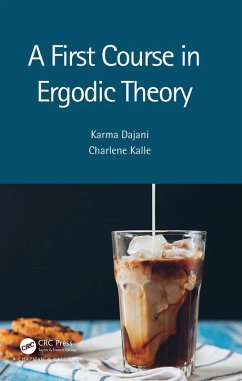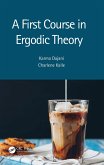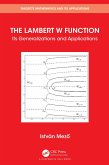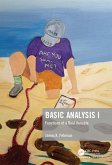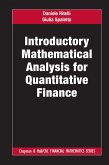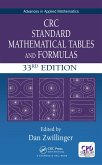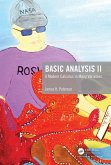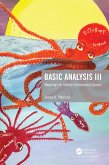Dieser Download kann aus rechtlichen Gründen nur mit Rechnungsadresse in A, B, BG, CY, CZ, D, DK, EW, E, FIN, F, GR, HR, H, IRL, I, LT, L, LR, M, NL, PL, P, R, S, SLO, SK ausgeliefert werden.
- E. Arthur (Robbie) Robinson, Jr., Professor of Mathematics at George Washington University and co-author of The Mathematics of Politics
"This textbook is a delightful introduction to Ergodic Theory. It starts at a basic level, giving intuitive explanations and motivations, and concludes with more advanced topics such as variational principle and infinite ergodic theory. The style is very crisp, and many of the results are proved.
Examples which are primarily taken from number theory run as a red thread through the manuscript. This makes this textbook quite different from other classic textbooks on the subject. It's very easy to build an advanced UG or a postgraduate lecture course around this material."
- Sebastian van Strien, Imperial College London

